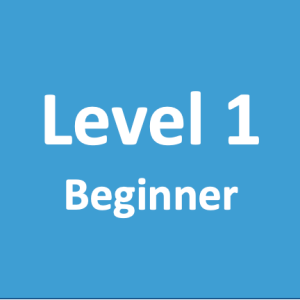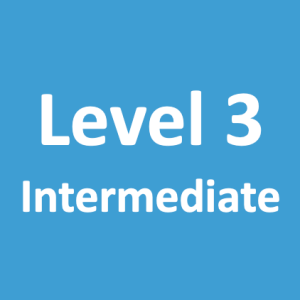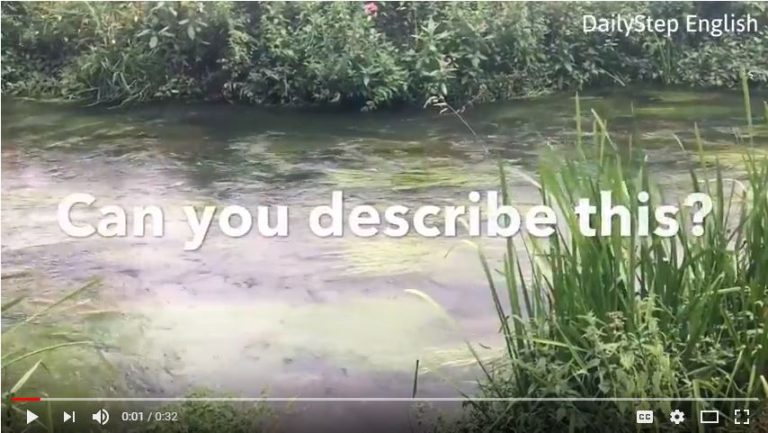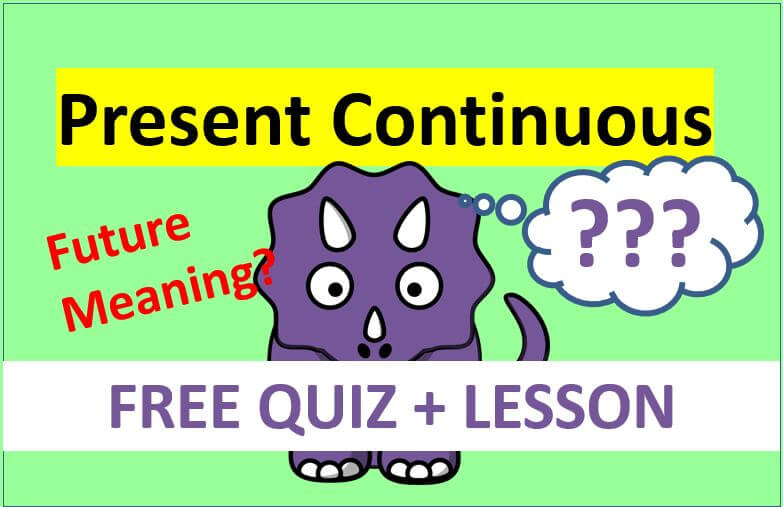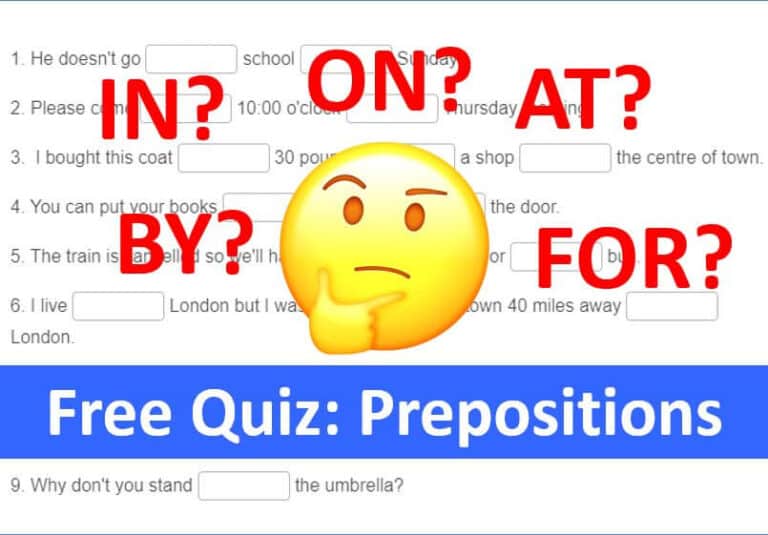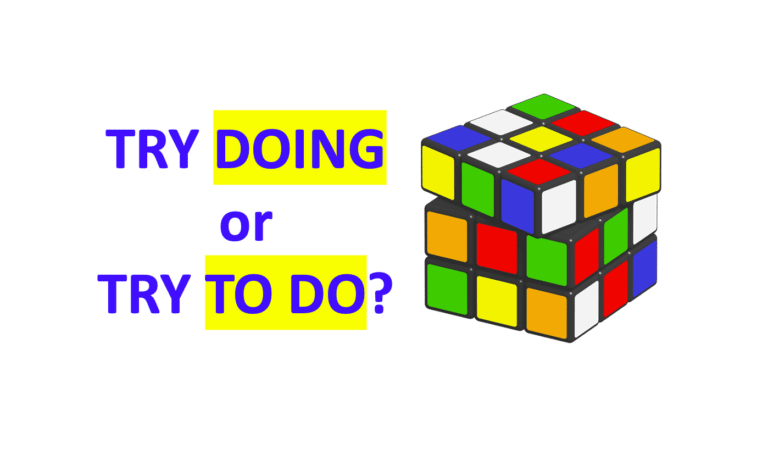How to use English modal verb COULD
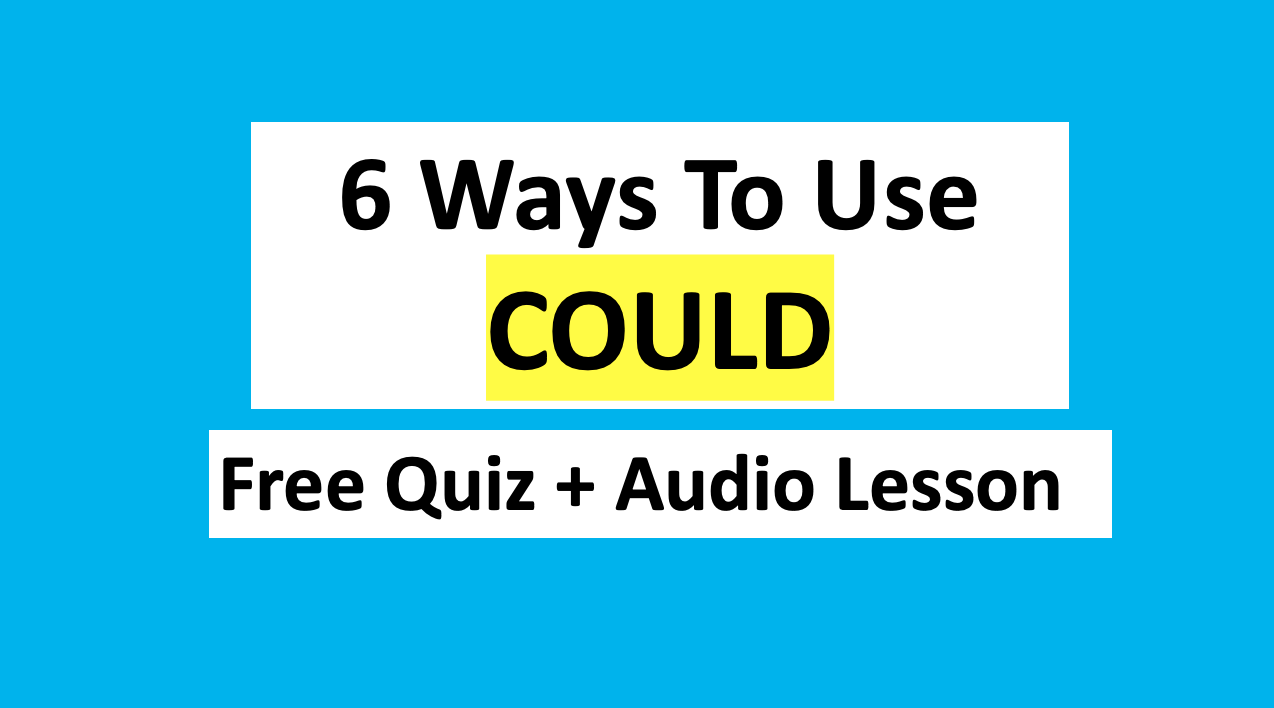
How do we use COULD in English?
Do you know these 6 ways to use COULD?
Hello, I’m Jane at DailyStep English. Please take this free audio English grammar lesson to learn all the ways to use COULD in English.
Make sure you speak along with me to improve your English pronunciation.
If you are new to DailyStep English – welcome 🙂 Please sign up here for more free Audio Lessons.
This is Audio Word Study #113 from Jane Lawson at DailyStep.com
How to use the modal verb COULD
Note: A modal verb is a word that gives special meaning to a verb. Examples of other modal verbs are MUST, MAY AND MIGHT.
Meaning 1
COULD is the past of CAN. We use it to talk about what someone was able to do or was allowed to do.
Examples:
1. When I was at school, I could swim much better than I can swim now.
2. The exam was so difficult that I couldn’t finish it. (note: this means ‘I was not able to finish it.’)
3. His mother said he could play football after he had finished his homework. (note: this means that he was allowed to play football.)
Meaning 2:
COULD is used as a more polite form of CAN when asking for permission.
Examples:
1. Excuse me, could I just interrupt for a moment, please? (note: this is much more polite than ‘Can I interrupt, please’.)
2. Hello, could I speak to Fiona Price, please? (note: this is what we say on the telephone.)
Meaning 3:
COULD is used as a more polite form of CAN when making a request.
Examples:
1. Could you please lend me your car for the weekend?
2. Do you think you could possibly lend me fifty pounds until Monday? (note: this is a more indirect question, and is therefore more polite.)
3. Could you close the window, please?
Meaning 4:
We use COULD to express possibility, especially slight or uncertain possibility.
Examples:
1. She could leave at any time. (note: this means ‘It is possible that she will leave at any time’.)
2. This new drug could be an important step in the fight against heart disease.
3. Be careful with that boiling water – you could scald yourself!
Meaning 5:
We sometimes use COULD for making a suggestion
Examples:
1. We could go for a picnic tomorrow, if you like.
2. You could always ask Tom to help you – I don’t think he would mind. (note: this means ‘one option is to ask Tom to help you’.)
Meaning 6:
We use COULD to say, especially angrily, what we think someone else should do. In this case, COULD is emphasised strongly.
Examples:
1. Well, you could try to be a little bit more polite to my mother!
2. I invited you ages ago – you could have let me know sooner that you weren’t coming!
Now, try to write your own sentences using COULD, making sure that they are true to your own life as this will help you to remember them better!
If you enjoyed my Audio Blog, please share it. Thank you 🙂
How to speak English fluently and understand fast English
DailyStep English Audio Lessons are designed to help you learn to speak and understand English at the speed that we speak it.
No matter how good your English is, you need to be able to follow a fast conversation in order to participate.
DailyStep English courses are fully accredited and you can get an internationally-recognised certificate for your CV or resume.
How to use your lessons:
How to slow the audio:
How to Start Daily Audio Lessons
✔ Daily Audio Lessons + Premium Audio in my Blog Library
✔ Your lessons never expire – you can take them again any time
✔ Change your level any time
✔ 100% happy or your money back!

